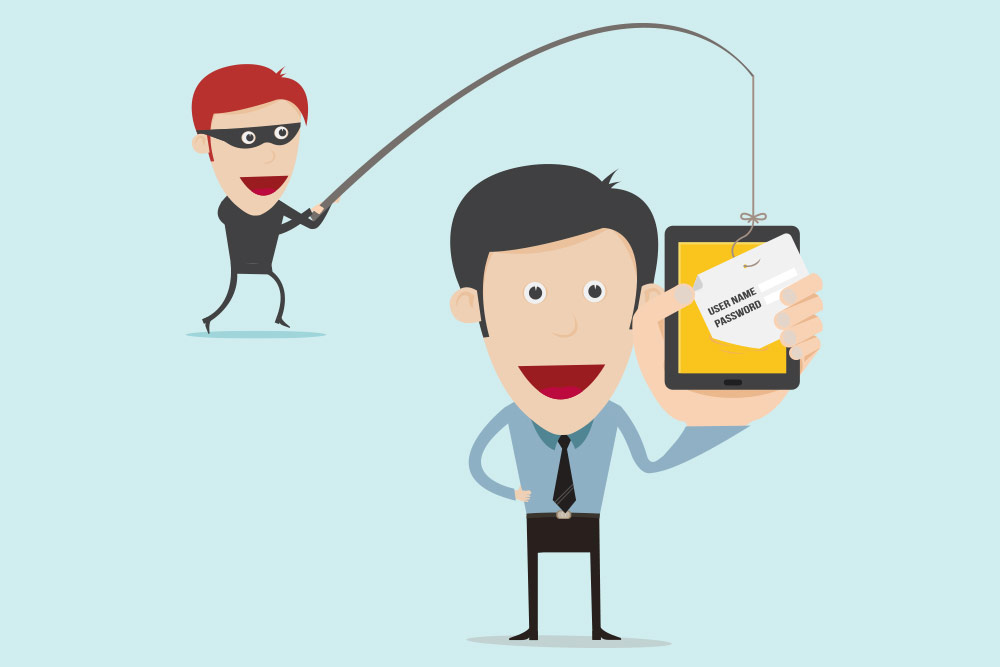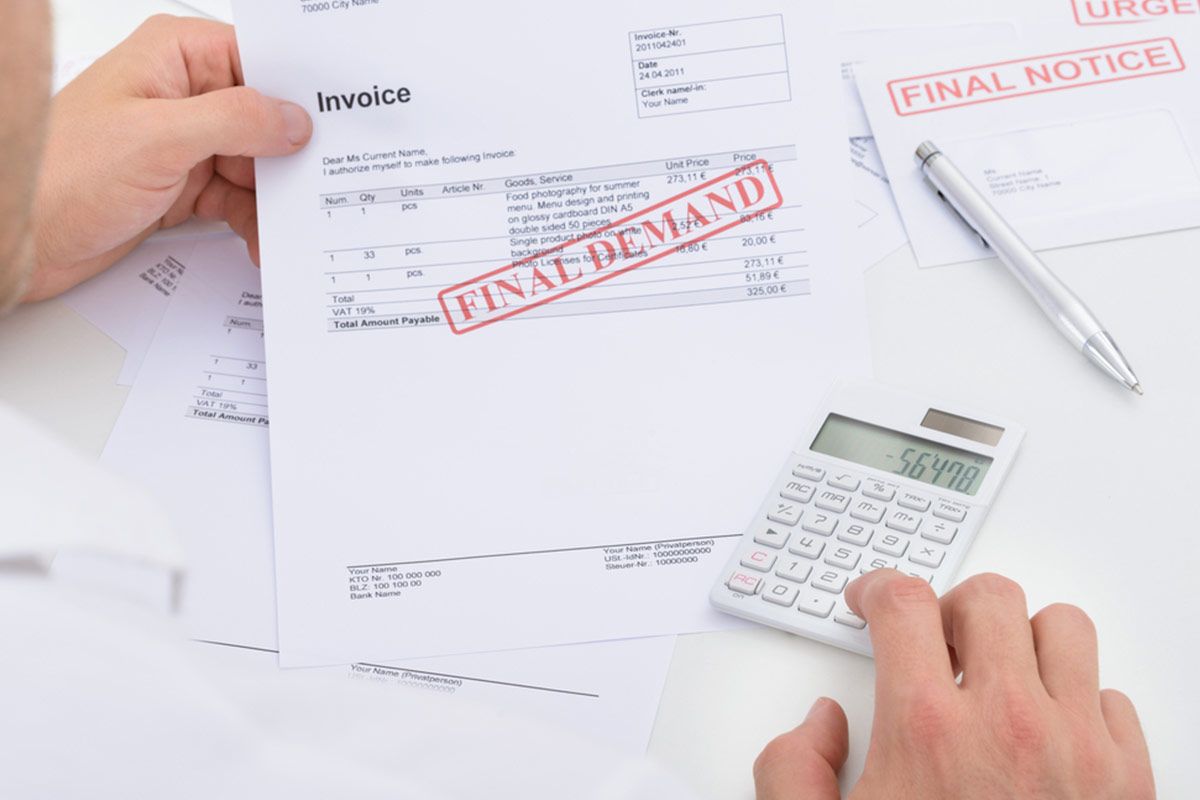Car Repossession

If your car is a security for a loan it can be taken from you or 'repossessed' if you can’t make the loan repayments. This is usually when you are more than two months behind or if the lender thinks the car is at risk of damage.
You may be the registered owner but the lender holds the car as mortgage security. This means you are not entitled to sell it. You are however, able to introduce a buyer to the lender if you know someone willing to offer a good price. The lender does not have to accept this, although if they don't and get a lower price at auction you may have grounds to argue to reduce the outstanding balance.
After repossession by an agent the lender (finance company) will then sell the car to try and recover loan costs. The sale will rarely result in a price that will pay out the loan due to:
- the cost of repossession being added to the balance
- the interest payable to the date of sale
- depreciation of the value of the car
- the price received at auction is not always the insured value.
You should receive letters and warning notices if your payments fall behind but if you do not respond or offer to pay after payments are missed, then repossession may follow.
The Lender requires a court order or your written consent in order to repossess the car from your property. However, the car can still be repossessed without your consent if parked outside your property or at your workplace.




